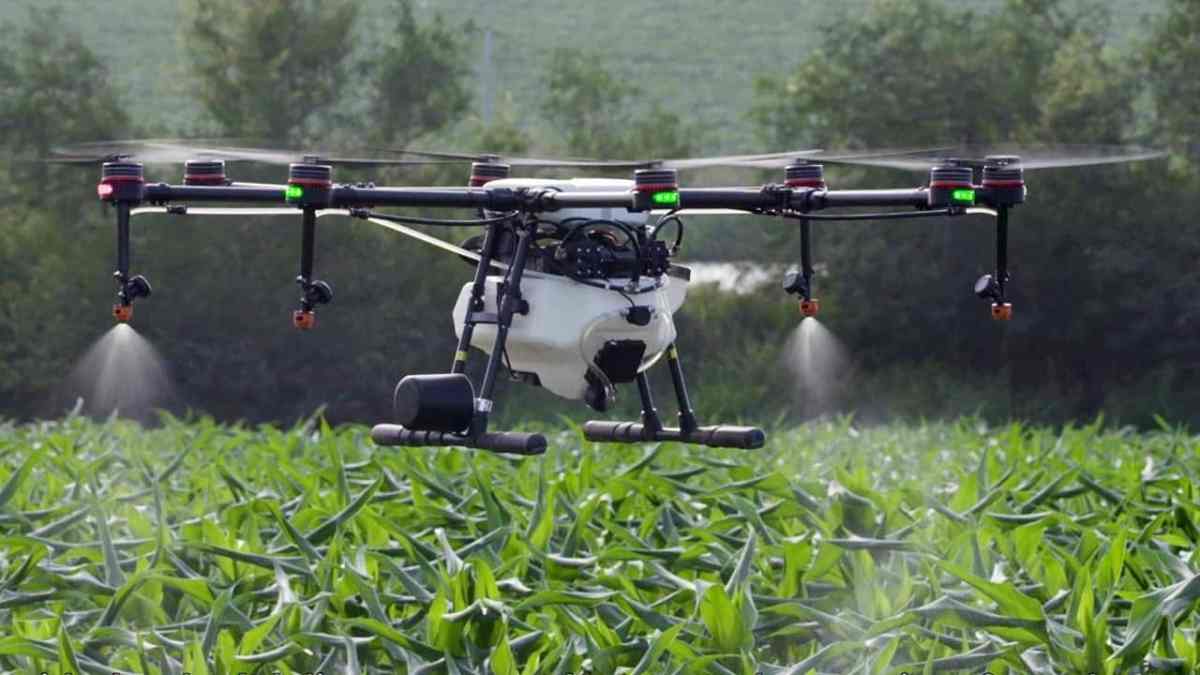
Zimbabwe Flying Lab, a technology and innovation hub working to solve social challenges and meet local needs through drones and robotics has launched in Zimbabwe.
Managing Director and Chief Drone Pilot for Zimbabwe Flying Labs Tawanda Chihambakwe whose Drones for Good Network was selected for the Global 2019 Unusual Solutions finalist said the hub aims to connect local drone stakeholders.
“Drones for Good network is aimed at enabling drone pilots, technicians and data scientists to connect, collaborate, learn and grow drones through ethical approaches to gathering, storing and sharing data,” Chihambakwe said
According to Zimbabwe Flying Labs, the technology hub is focused on catalyzing business, facilitating the drone and robotics ecosystem as well as build local skills and has trained students on using drones disaster risk planning.
“Zimbabwe Flying Labs will help build up the local drone industry by organizing “Drones as a Service” incubation programs that facilitate project opportunities and support for local entrepreneurs.
Their focus will predominantly be on agriculture & smart farming, disaster mitigation and management, environment management, and healthcare delivery.
“The team has already trained students on using drones for disaster risk planning and post-disaster assessment and management with a local NGO. This training helped community leaders in rural areas understand how drones could help them and afforded many of them their first opportunity to see and operate the technology themselves” said the organisation.
The hub will work with innovators, manufacturers, service providers, academic institutions, NGOs, and the government to nurture the drones for a social good ecosystem.
“The team plans to form a nation-wide ‘Drones for Good’ platform to connect professional drone pilots, drone data analysts, team leaders, and disaster professionals who are willing to assist local government and rescue workers in disaster management. Flying Labs organizes hands-on hardware and software training for various drone platforms and use cases.”
Drone technology has been adopted in many countries as a way of monitoring the movement of displaced vulnerable populations, carrying out security search and rescue missions in disaster-risk zones, deliver emergency medical cargo supplies to remote communities, map and survey rural land, agriculture and wildlife conservation.
The launch of the Zimbabwe chapter of the flying lab innovation hub will go a long way in the countries technological advancement.




